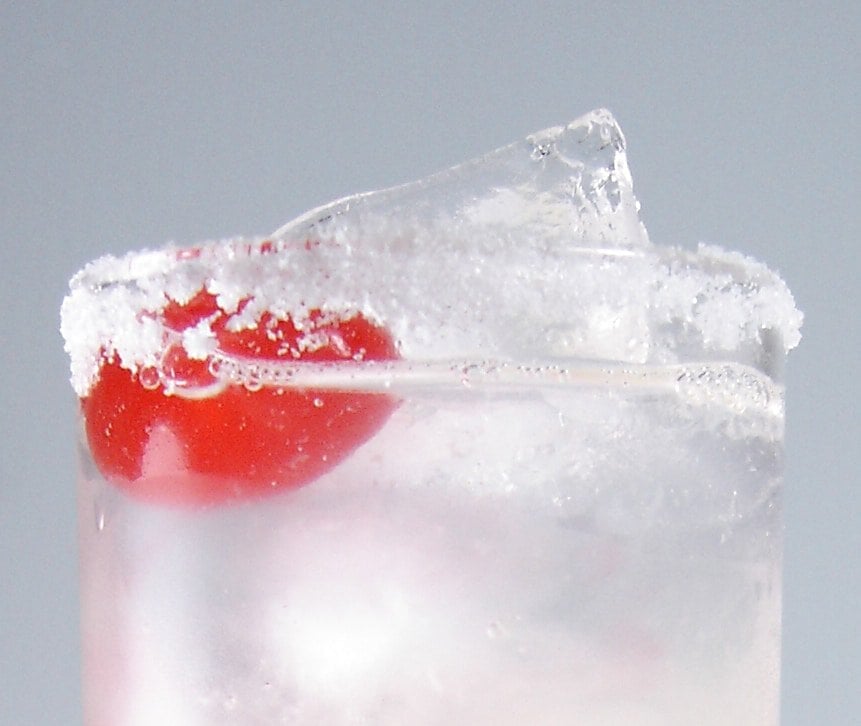In many conversations I’ve had with people, the perception of a bartender is rather simple. The fact is that being a bartender can be fairly hard, if you take the job seriously. It’s not so much the obvious, such as pouring a pint that is hard, it is dealing with people that presents a challenge. Not only dealing with customers, who may be reaching their drunk point, it is also dealing with co-workers. When you put three or four people in a small area and apply external stresses on them there is bound to be conflict. What does it take to be a bartender?
First, the basics of bartending include dishing out the drinks. Pouring a pint, mixing a drink and popping the cap off the beer is obvious. The parts that customers don’t see, or think about, include trying to control a wonky keg line that’s producing foam and costing the bar money in terms of lost beer sales. Dealing with wrong orders and continuously cleaning. As the saying goes “Time to lean, time to clean.”
That’s the simple part. The harder part is memorizing about one hundred drinks and being able to make them on the fly, without thinking. Trying to interpret a customer’s request, because if we don’t get it right the first time, we have to remake the drink and it kills time.
Bartenders also have to know a full menu (at least where I work) and be able to take a customer’s order during peak times. We have to get the dish right and make sure the side dishes are correct and recommend stuff, including wine pairings. For many of you that may not know, if a bartender, or server for that matter, gets an order wrong we actually have to pay for it. Yes, if we accidentally punch in a $28 sirloin and the customer wanted fillet Mignon, then they get the fillet Mignon and we pay the $28 dollars out of our pocket for the sirloin that accidentally got cooked. Mistakes are costly.
Bartenders also have to generate about 4 to 6 drinks per minute. In a restaurant that seats 240 people, and with three bartenders to serve that’s a lot of drinks. It takes about 15 seconds to pour one pint, so you can only do four pints per minute. Then we have to stock the bar and fill the ice as we go. We are also lucky enough to have to wash the glassware at the bar. We have a commercial dish washer, but it is still a time killer. Then there are the beer bottles and dirty dishes that we have to run to the kitchen. We do have a barback, but they get pulled in so many directions that we still need to do much of the work.
Then there is the conflicts that inevitably arise between the bartending team. Some freshly minted bartenders, with no experience, can say and do stupid things. It comes with the learning process, but when we are busy, we don’t have time to coddle the new people. So sometimes stupid requests are met with a sharp tongue. Some people take this personally and never seem to recover. Then there are other bartenders who continuously tell other people what to do. Advice for any budding bartenders: If it needs to be done, do it yourself, don’t ever tell others what to do, unless it is an emergency. You will get more respect this way. Conflict will also arise with other experienced bartenders that have “their” way of doing things and can often conflict with other experienced bartenders methods. This isn’t a huge issue, but it can cause some friction.
The last thing we need to do is take care of our customers. Without the customers, we don’t have a job. Unfortunately, bartenders are considered the “jack of all trades” and can get pulled all over the place. Bartenders are required to do everything behind the bar, plus many other things. Sometimes, without knowing it, some bartenders forget about the customers. In all the chaos behind the bar, and for the grand payment of minimum wage, we still need to pay attention to our customers. Without them, we really would make minimum wage. If you can do that, then you’ll be a great bartender.
There is so much to being a bartender that isn’t always obvious, but like any other job it has its good and bad points.
Helpful Bartending Info
1. My First Bartending Shift
2. Finding a job as a Bartender
3. 50 Signs You are a Bad Bartender
4. Bartenders Resume
5. Top Bartender Skills
6. Bar Tools and Equipment List




